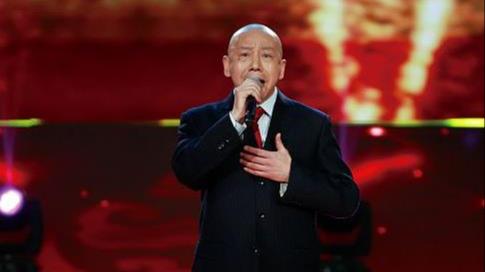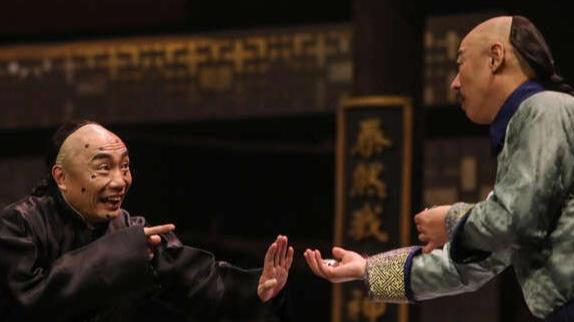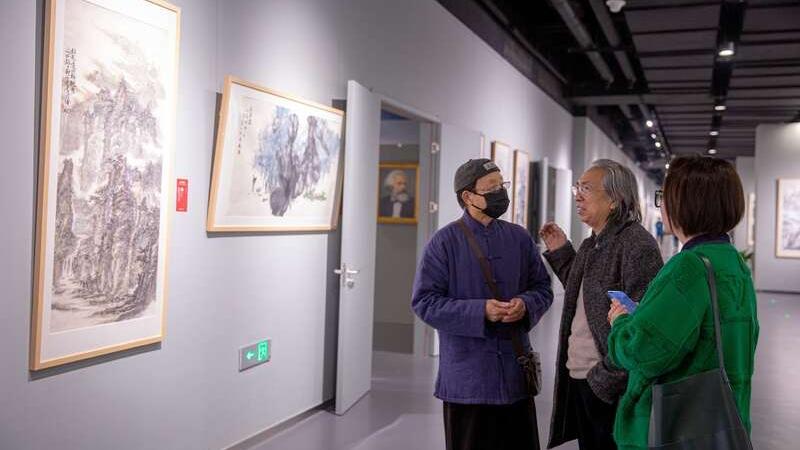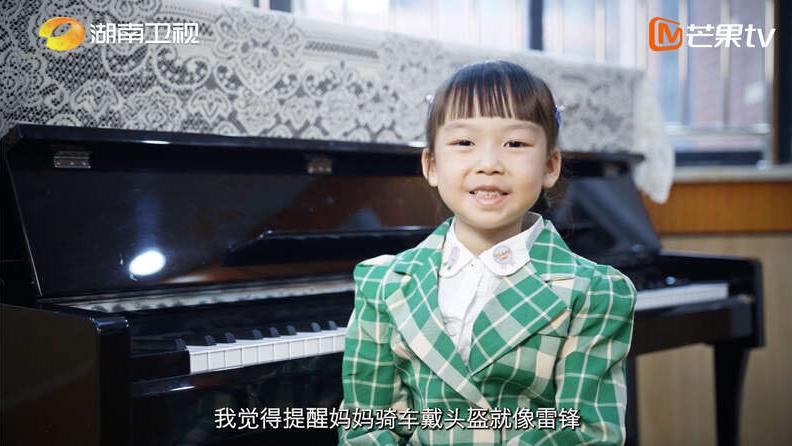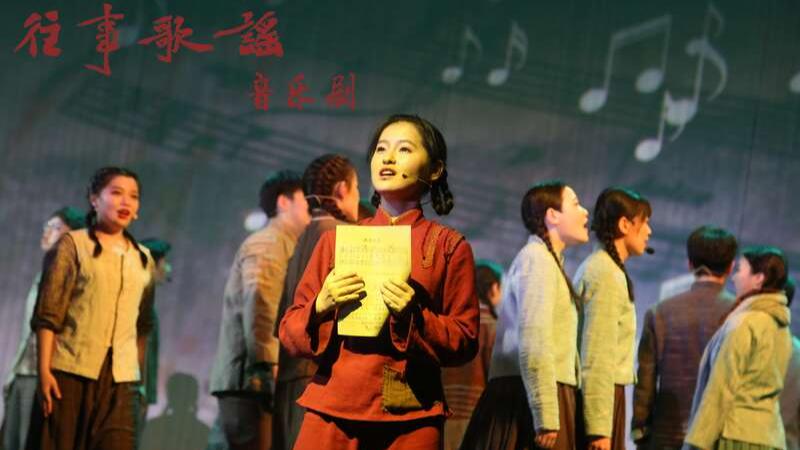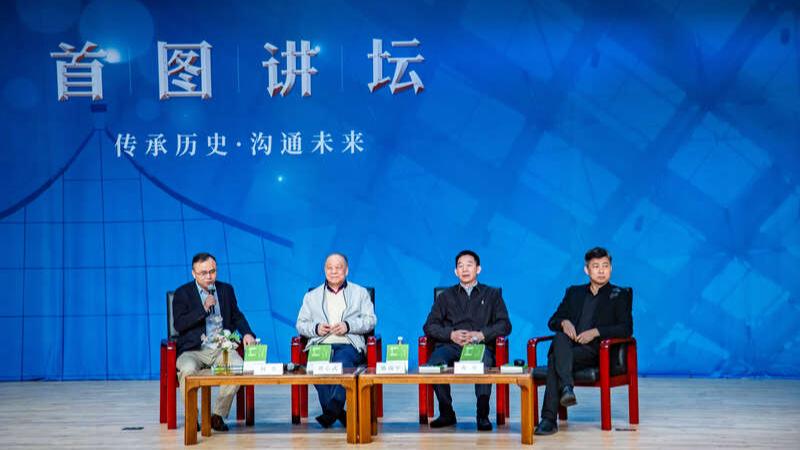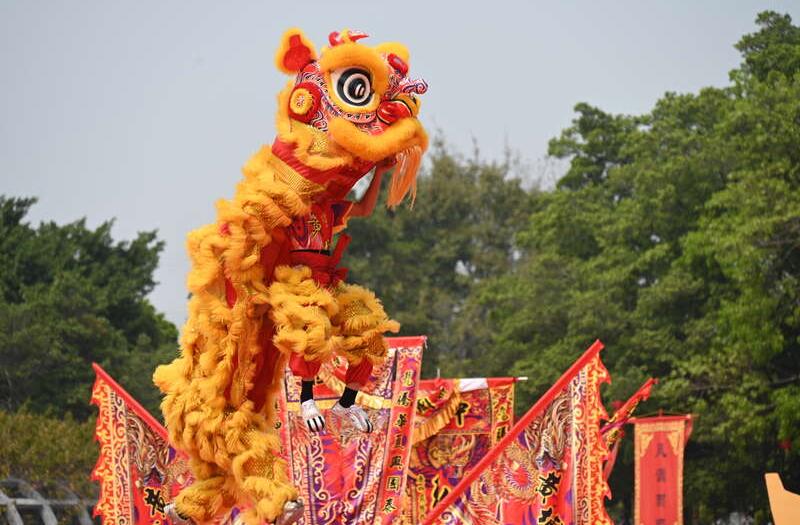The rich connotation of Lei Feng's spirit has enlightened several generations, has also greatly affected the content and form of school curriculum, and has gradually formed the practice model and growth value of learning from Lei Feng, which adapt to the development of the times.
To carry forward and practice Lei Feng's spirit is not only the educational goal of the school, but also the curriculum content. The school helps students realize the process of socialization through the design and implementation of cross knowledge and comprehensive practice of different curriculum systems. Among them, the knowledge system plays a fundamental role, and practice is the decisive factor to transform knowledge into emotion and value. It is the transformation process of Lei Feng's spirit to translate it into action rules and further moral norms. Specifically, there are three deepening processes: first, the deepening of the concept of moral practice. The students' moral maturity is based on self-discipline, from simply providing help to doing good deeds to forming understanding of others' positions and deepening interpersonal relationships. In this process, students can realize that participating in voluntary services is not only to provide help in action and solve specific problems, but also to understand that real escort is a kind of trust relationship construction, and is to establish social relations entrusted to each other, which goes beyond the general sense of behavioral participation. The second is the improvement of practical ability. This is a professional mission based on the transformation of systematic learning. For example, the students of Shanghai Gezhi Middle School use the professional method of cardiopulmonary resuscitation in the street to rescue the elderly who have been unconscious after a sudden illness. This fully reflects that the school's curriculum system is an important support to help students form their core quality. Learning from Lei Feng is to help students build a support foundation from self-discipline to consciousness, guide them to consciously assume social responsibility and actively contribute, which is also the cultivation goal of core quality. The third is to have a deep understanding of moral responsibility, be able to solve complex problems, and reflect the development from consciousness to autonomy. Dealing with more difficult and complex problems than ordinary post work is the social significance of voluntary service and the cultivation of moral will. Through active moral practice, students further clarify the scope of moral responsibility and form the spiritual connotation of voluntary service. This is the spirit of dedication and innovation.
In school, learning Lei Feng is a practical course that runs through the whole learning period. It needs to be designed as a whole, transformed in layers, and finally implemented into the specific actions of students. From the perspective of the growth requirements of the integration of large, middle and small schools, the practice curriculum design of learning from Lei Feng should reflect three relationships: the relationship between practice content and knowledge learning, the relationship between practice participants and service objects, and the relationship between practice process and student growth.
Practice content and knowledge learning are mutually generated and deepened. The various practical activities of learning from Lei Feng carried out by the school are closely related to the application of various disciplinary knowledge. The practice participants' help and care for the service objects is a kind of dedication based on selflessness. However, the two are not a single dimensional relationship of input and output, but a relationship of support and progress based on mutual respect. Students' growth is the goal of practical activities. Student growth includes the improvement of many core qualities, such as ideal and belief, moral quality, emotional value, and cognitive ability. The practice process helps individuals move from adaptive goals to independent goals. It is a process from receiving enlightenment to understanding self-discipline, and then to pursuing consciousness. This is the requirement of students' integrated growth. Different practice contents and processes should have different designs and practices in different stages.
[Author Zhou Zengwei, Deputy Leader of the Expert Steering Group of the Steering Committee for the Integration of Ideological and Political Courses in Universities, Middle Schools and Primary Schools of the Ministry of Education, Deputy Chairman of the Special Committee for the Guidance of Ideological and Political (Morality and Rule of Law) Teaching in Basic Education of the Ministry of Education, and Secretary of the Party Committee of Shanghai Teachers' Education Institute]
[Editor in charge: Xu Ge, Zhang Yanwu, Mei Xiaoyu, Zou Yanjuan, Li Peiran, Cheng Can]

